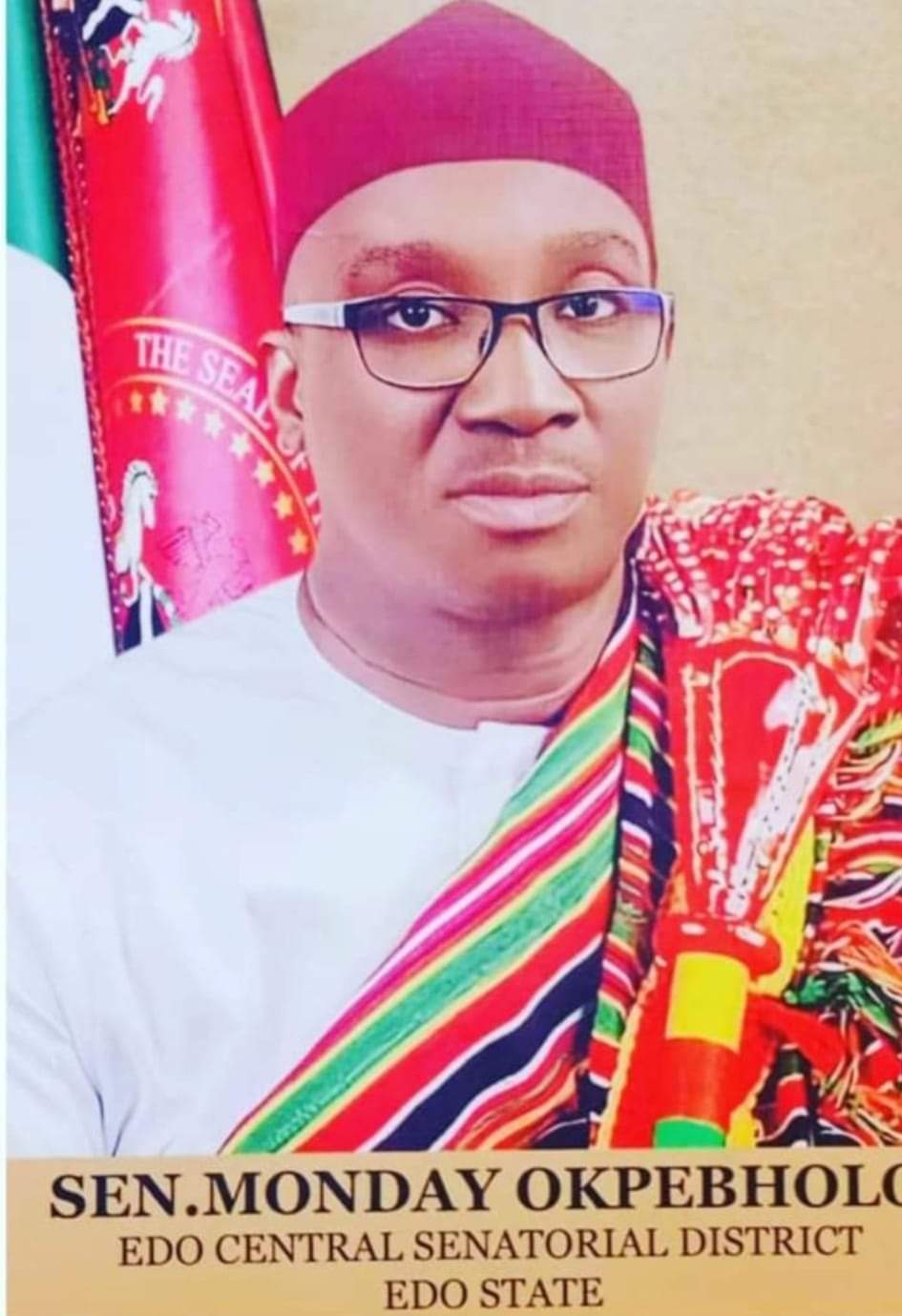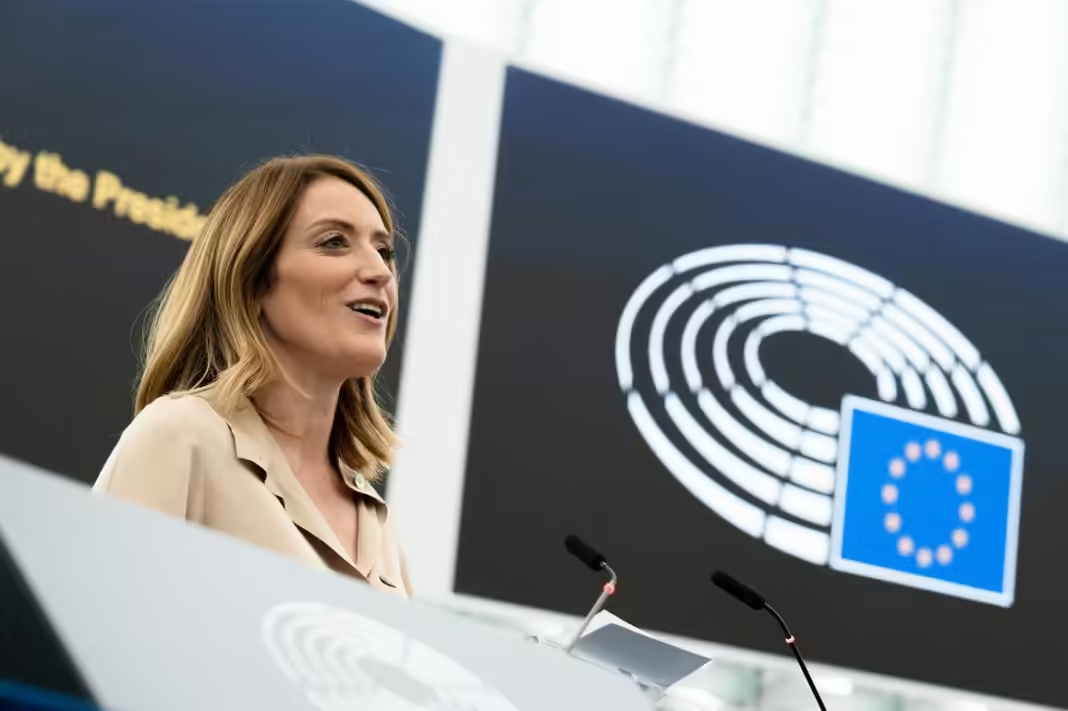The Economic Community of West African States (ECOWAS) Court of Justice delivered a landmark decision in a case concerning enforced disappearances during the regime of former Gambian President Yahya Jammeh. The Court found that the Republic of Ghana violated the right to information as guaranteed by Article 9 (1) of the African Charter on Human and Peoples’ Rights and Article 19 (2) of the International Covenant on Civil and Political Rights.
The case, filed by Isaac Mensah and 23 family members with support from the African Network against Extrajudicial Killings and Enforced Disappearances (ANEKED), revolves around the disappearance of Peter Mensah and other West African migrants in The Gambia in July 2005. These individuals, including 50 Ghanaians, were abducted by Gambian police and security forces, including the “Junglers,” a death squad allegedly under Jammeh’s direct control.
Isaac Mensah, whose father disappeared when he was just 13, has been seeking information about his father’s fate since 2018. Despite a formal request in October 2019 for specific documents, including the 2009 joint UN/ECOWAS investigation report, the Ghanaian Government never responded or released the information.
In its ruling, the ECOWAS Court ordered the Ghanaian Government to provide the requested documentation within four months. This includes the 2009 joint investigation report, the Ghanaian coroner’s report on bodies returned by The Gambia, and a report on the disbursement of compensation paid to Ghanaian families. The Court emphasized that releasing these documents “could enhance the transparency regarding the killing or disappearance of some Ghanaians” and “shed light on how the Government of Ghana handled the resulting issues.”
Reacting to the decision, Isaac Mensah expressed hope that the ruling would bring him and other families closer to the truth.
“We have waited for justice and answers for too long. This ruling is a significant step towards accountability,” he said.
The World Organisation Against Torture (OMCT), which submitted an Amicus Curiae brief to the Court, underscored the enduring anguish and suffering of families awaiting justice, noting that this suffering meets the threshold of torture.
The ECOWAS Court’s decision is seen as a critical move towards accountability in the region. Until the Gambia Special Accountability Mechanism is established, individuals like Malick Jatta and Omar A. Jallow, who admitted to their involvement in the enforced disappearances, continue to benefit from impunity.
Former President Jammeh’s 22-year regime was notorious for systematic oppression, human rights violations, and crimes against humanity, including torture, murders, and enforced disappearances. Despite these atrocities, many victims still await justice. As OMCT highlights, “countless victims continue to live with life-long injuries from the violence, while those responsible for their trauma live freely in their communities.”
The ECOWAS Court’s ruling marks a major moment in the pursuit of justice for the victims of Jammeh’s regime and their families. The decision underscores the importance of transparency and accountability in addressing past human rights abuses and provides a glimmer of hope for those who have suffered for nearly two decades.
 Donate
Donate



